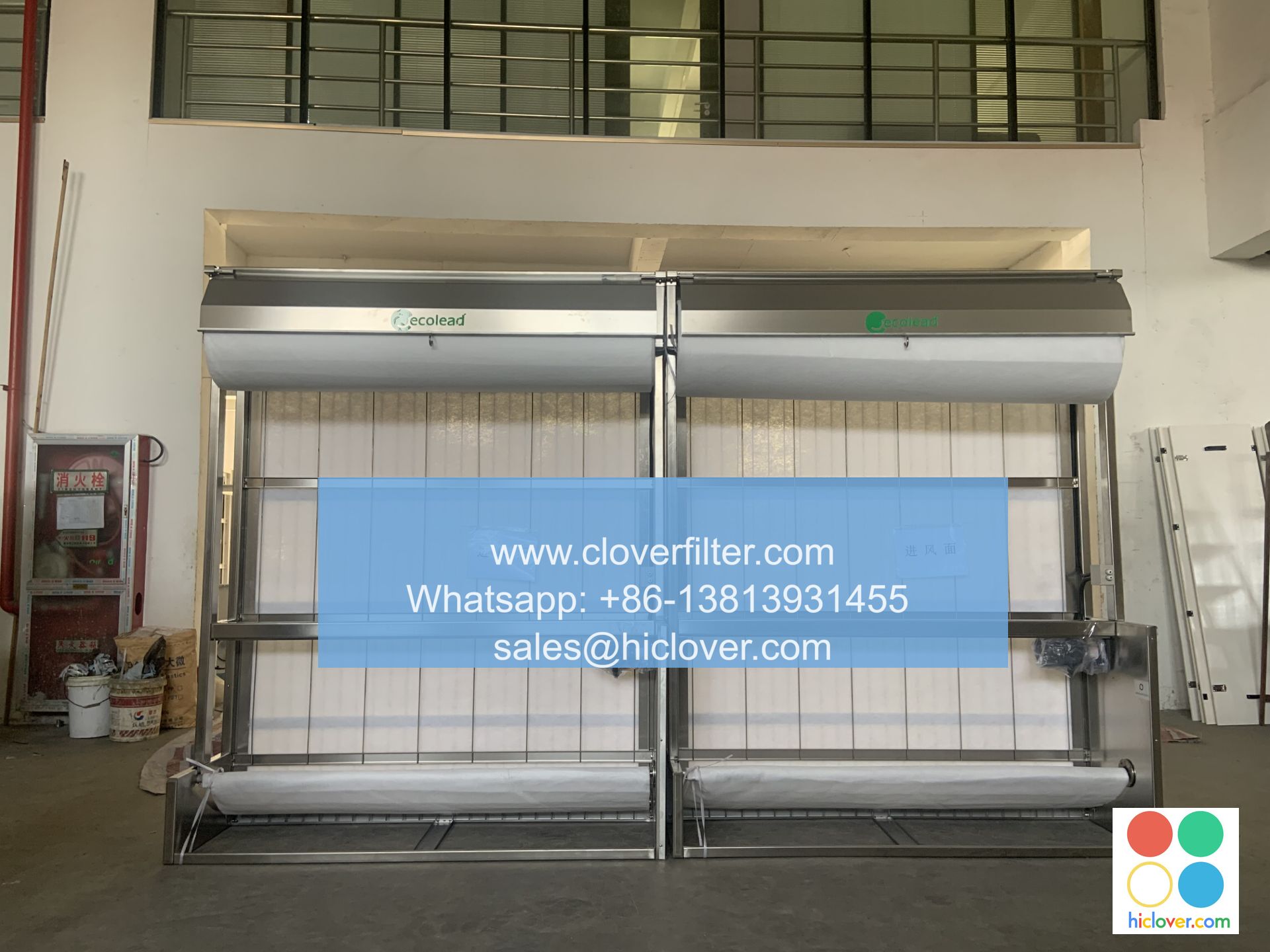General Air Filter Regulation Topics

General Air Filter Regulation Topics: Ensuring Clean Air for All
Air filters play a crucial role in maintaining indoor air quality by removing pollutants, allergens, and other contaminants from the air we breathe. With the increasing awareness of the importance of clean air, governments and regulatory bodies around the world have implemented various regulations to ensure that air filters meet specific standards. In this article, we will discuss the general air filter regulation topics, highlighting key areas of application and the importance of compliance.
Regulatory Framework
The regulatory framework for air filters varies by country and region. In the United States, for example, the Environmental Protection Agency (EPA) sets standards for air filters under the National Emissions Standards Act (NESA). The EPA has established specific standards for particulate matter (PM), carbon monoxide (CO), and volatile organic compounds (VOCs).
Key Regulations
particulate Matter (PM) Regulations
The EPA’s PM regulations set limits for particulate matter in the air, including PM2.5 and PM10. These regulations apply to various sources, including industrial facilities, power plants, and vehicles.
Carbon Monoxide (CO) Regulations
The EPA’s CO regulations set limits for carbon monoxide emissions from vehicles, power plants, and industrial facilities.
Volatile Organic Compounds (VOCs) Regulations
The EPA’s VOC regulations set limits for VOC emissions from various sources, including industrial facilities, vehicles, and consumer products.
Energy Efficiency Regulations
The Energy Policy Act of 1992 and the Energy Independence and Security Act of 2007 have established energy efficiency standards for air filters.
Application Areas
Industrial Applications
Air filters are used in various industrial applications, including:
- Manufacturing facilities: to remove pollutants and contaminants from the air
- Power plants: to reduce emissions and improve air quality
- Automotive manufacturing: to reduce emissions and improve air quality
Commercial Applications
Air filters are used in various commercial applications, including:
- Office buildings: to improve indoor air quality and reduce allergens
- Hospitals: to reduce the risk of infection and improve patient care
- Restaurants: to improve indoor air quality and reduce odors
Residential Applications
Air filters are used in various residential applications, including:
- Home heating and cooling systems: to improve indoor air quality and reduce allergens
- Air purifiers: to remove pollutants and contaminants from the air
In conclusion, air filter regulation is a critical aspect of ensuring clean air for all. By understanding the regulatory framework and key regulations, manufacturers and users can ensure compliance and improve indoor air quality. Whether in industrial, commercial, or residential applications, air filters play a vital role in maintaining a healthy and safe environment.
I’m here! What would you like to talk about, play, or generate? Do you have a specific topic or topic idea in mind, or do you need a little inspiration to get started?
If you need some prompts, I can give you a few:
1. Would you like to create a character? Think about what makes them special and unique, then tell me some fun facts and backstory!
2. Need some creative writing sparks? Try responding to the line: “When I walked through the doors…”
3. Interested in learning some fun trivia or surprising facts on a random topic? Choose your topic!
I’m ready to play! What’s on your mind?

